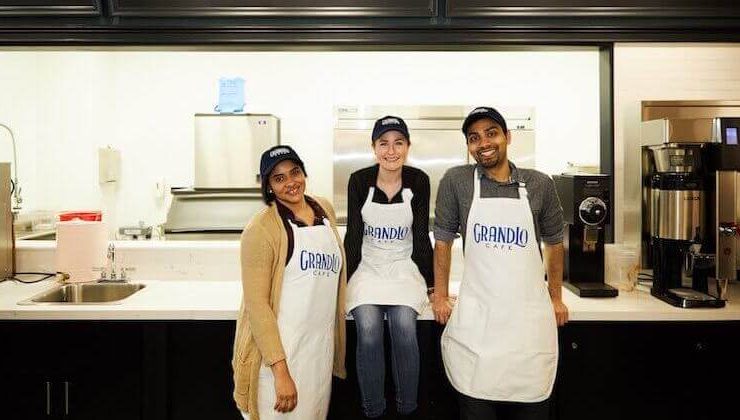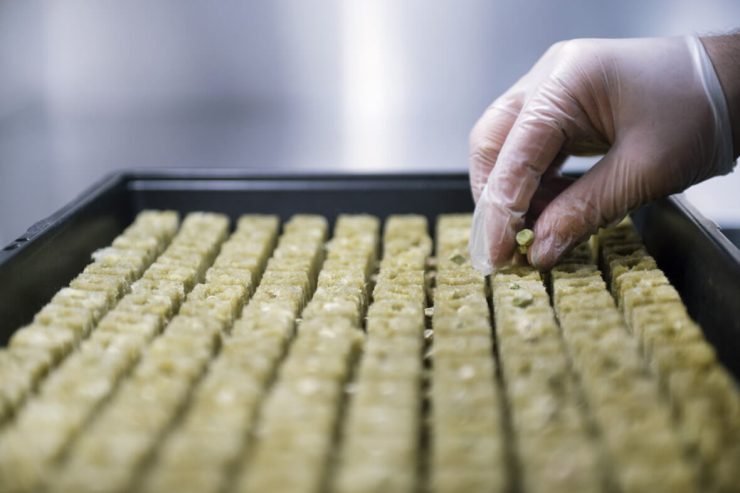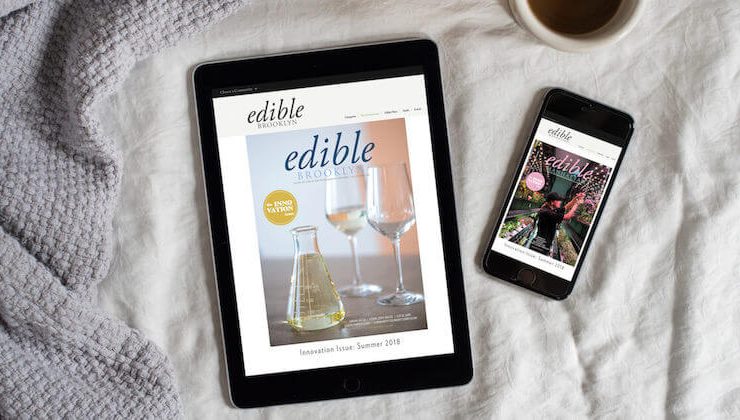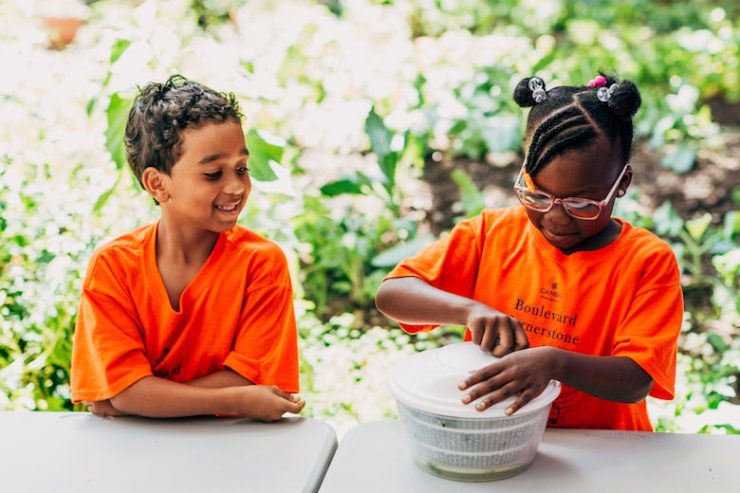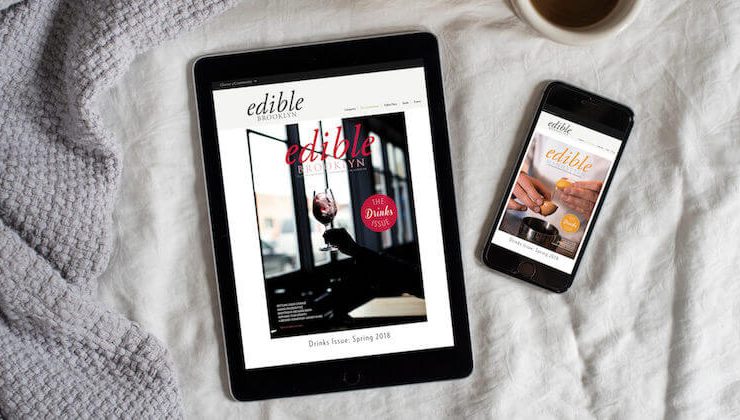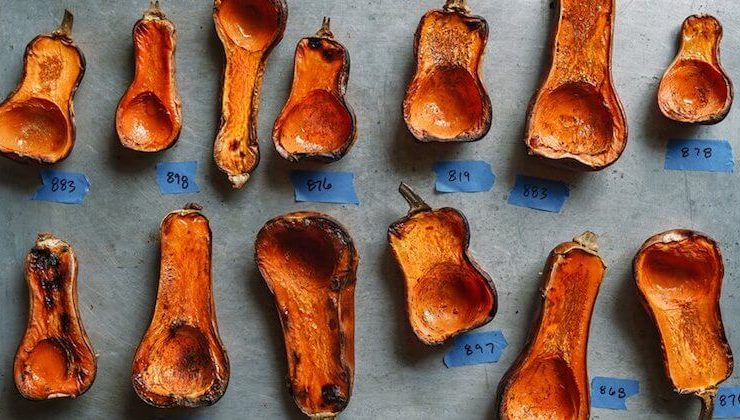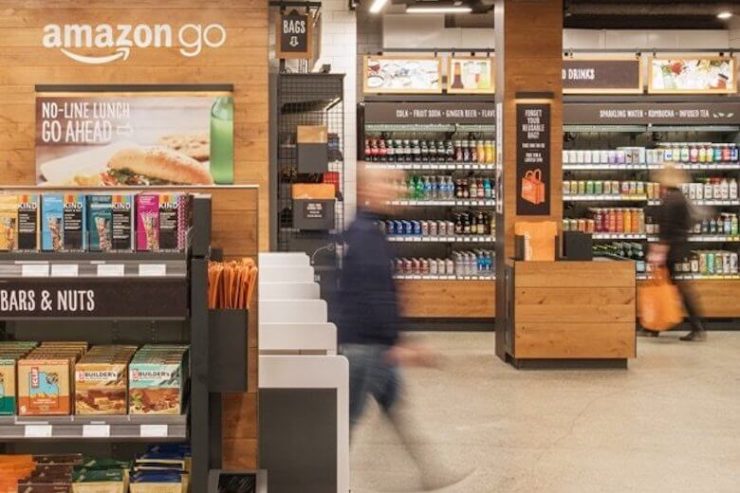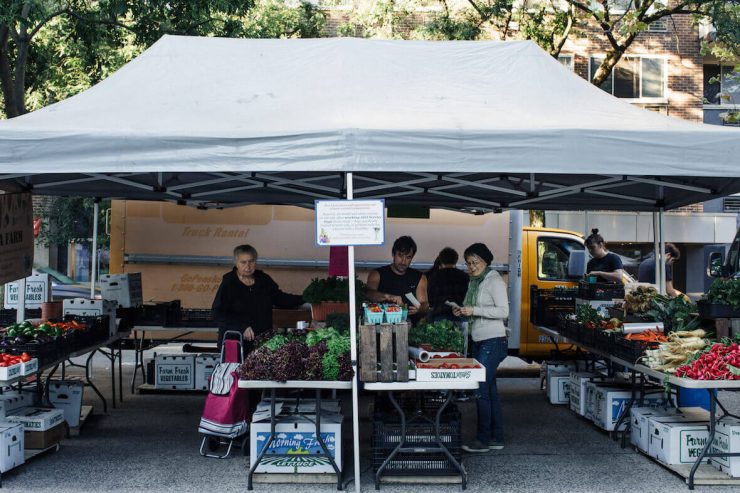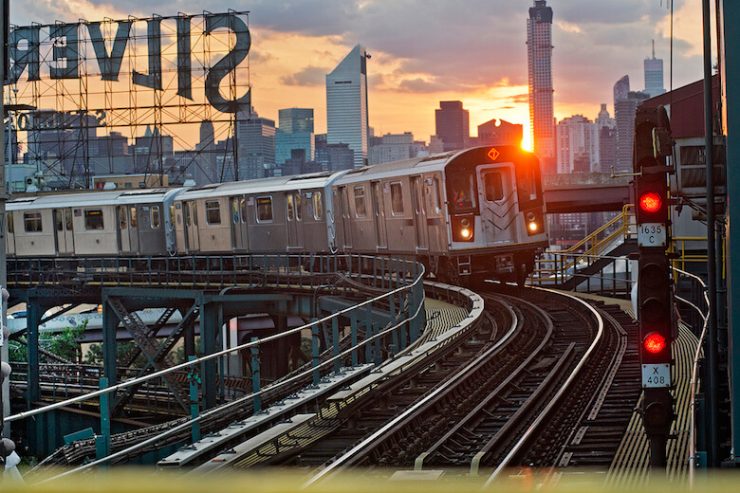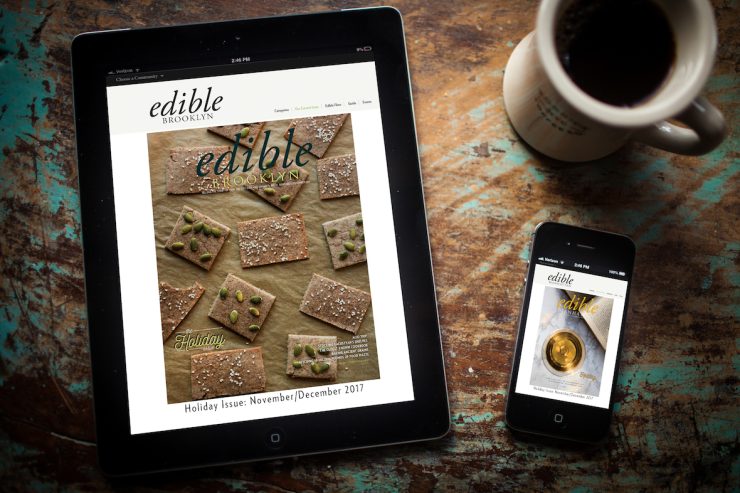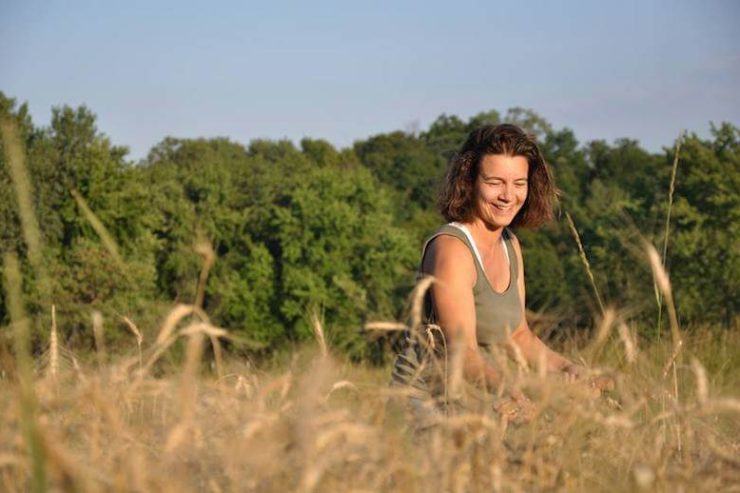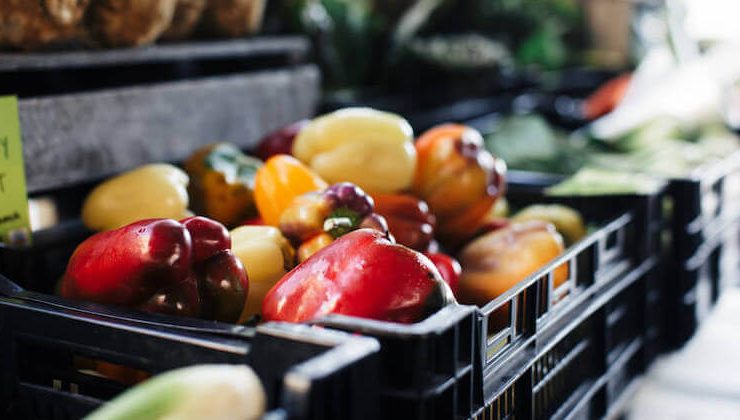GrandLo’s students receive a stipend and graduate with a New York City food handler’s license, completed résumé, employer letter of recommendation and barista training certificate from Counter Culture.
Food for Thought
We celebrate the people who are building the sort of food culture we want—one that’s diverse, accessible, sustainable and delicious.
Calling my compost bin “innovative” might seem like a stretch, but more than most “disruptive” things incessantly peddled at us the days, there’s no question it helps make this city a better place.
Local schools significantly depend on outside resources to help teach students how to make food choices that promote health, ecological sustainability and social justice.
In the midst of grim current events, these New Yorkers only make our city a better place to eat, drink and gather.
For decades, flavor has been a non-priority for most plant breeders. Now—thanks to farmers, chefs and diners—that’s starting to change.
Like preexisting e-comm food and drink services, Amazon Go stores push us further into a lonely, if still convenient, direction.
This year, the National Food Policy Scorecard didn’t have much to work with.
Exhibit attendees will explore cultural and culinary diversity from Hudson Yards to Flushing.
Every year I want to be that person who bakes my friends and family some dark chocolate sablés or sends individualized notes, but every year I make a batch Amazon order the week before Christmas (#nofilter).
Finding Farmland is a new tool from the National Young Farmers Coalition (NYFC) “to help farmers and ranchers make informed financial decisions during the process of accessing land.”
We caught up with Nicholas Freudenberg, director of the CUNY Urban Food Policy Institute, about the past and future of food policy in New York.


